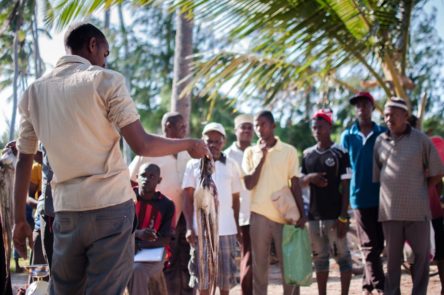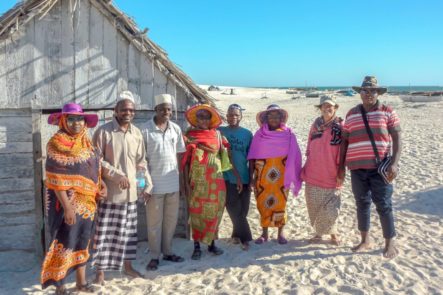Emerging from the dense vegetation surrounding Ndooni village on Fundo island, I found myself on a stretch of pure white sand, a beach that emerges for just a few months each year when seasonal winds allow. Gathered further down the beach was an excited group of over 300 fishermen and women, eagerly awaiting the opening of a fishing ground that had been closed for the previous three months.
Located off the island of Pemba in northern Tanzania and home to around 2,500 people, Fundo is separated from the mainland by a deep channel, a barrier that has given the island a distinct ecology from the Tanzanian mainland.
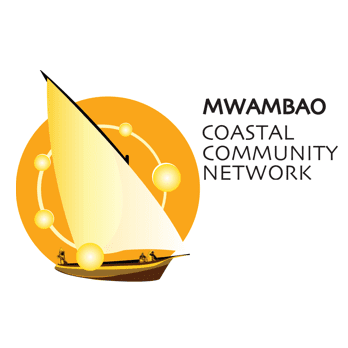
Mwambao, an organisation and fisheries learning network based in Stone Town on Zanzibar’s Unguja island, works with communities and other stakeholders on Fundo and across Tanzania to build community resilience and improve livelihoods by enhancing their capacity for sustainable coastal resource management.
Temporary reef closures were once practised in some Zanzibari communities to allow local stocks to recover. Mwambao has been working with fishing communities to introduce a modified local closure regime to reverse recent octopus fishery declines and to catalyse community engagement in local marine resource management. I was visiting Fundo to observe the reopening of three closures around the island, managed by Fundo’s community, facilitated by Mwambao, and supported by the Indian Ocean Commission.
Across the Mozambique Channel in Madagascar, Blue Ventures has demonstrated the economic benefits that temporary octopus fishery closures can provide to coastal communities, and their role in catalysing broader community-led conservation. Our partnership with Mwambao enables us to share mutual knowledge and learning gained in both Zanzibar and Madagascar, creating a bank of experience that will benefit other communities wanting to engage in fisheries closures in Tanzania.
Fisheries closures in Zanzibar target one of the archipelago’s most commercially important species. Octopus, targeted by men and women by gleaning with spears on foot in shallow waters or skin diving on deeper reefs, is vital to local economies. Catches are transported either to Stone Town markets for local consumption, or to the Tanzanian mainland for international export.
In the past, the sudden increase in octopus supply that typically follows successful closures has resulted in a significant drop in the buying price. With Mwambao’s support Fundo’s community took steps to ensure that the benefits of increased catches are retained by the communities who organised the closure, rather than being lost up supply chains.
The ‘community bank’ encourages the sustainable management of fisheries while also rewarding the participant villages for the effort that goes into making closures work.
Mwambao helped fishers, buyers, and the Shehia Fisheries Committee − the local body responsible for fisheries management − to agree on octopus prices before the closure took place. The agreement also stipulated how the revenue would be split between the octopus fishers, the Shehia Fisheries Committee and the community development fund that finances improvements in village infrastructure. These agreements support the ‘community bank’, whose long term value helps to outweigh any drop in income due to reduced fishing opportunities during the closure.
I was soon joined on the beach by Lorna Slade, Executive Director of Mwambao, who told me as we walked towards the gathering of fishers that the anticipation of this shared financial windfall following a fishery opening is a contributing factor in the closure’s success. It encourages the sustainable management of fisheries while also rewarding the participant villages for the effort that goes into making these closures work.
Arriving at the throng of excited fishers, we listened to a speech by Hidaya Khamis Hamadi from Pemba’s Department of Fisheries on the importance of sustainable fisheries management. She thanked the Fundo community for agreeing to pilot closures in their fishing grounds, and then declared the fishery to be open. At these words, the gathering of men and women picked up their tools and strode toward the coral lagoon to start reaping the rewards of their patience.
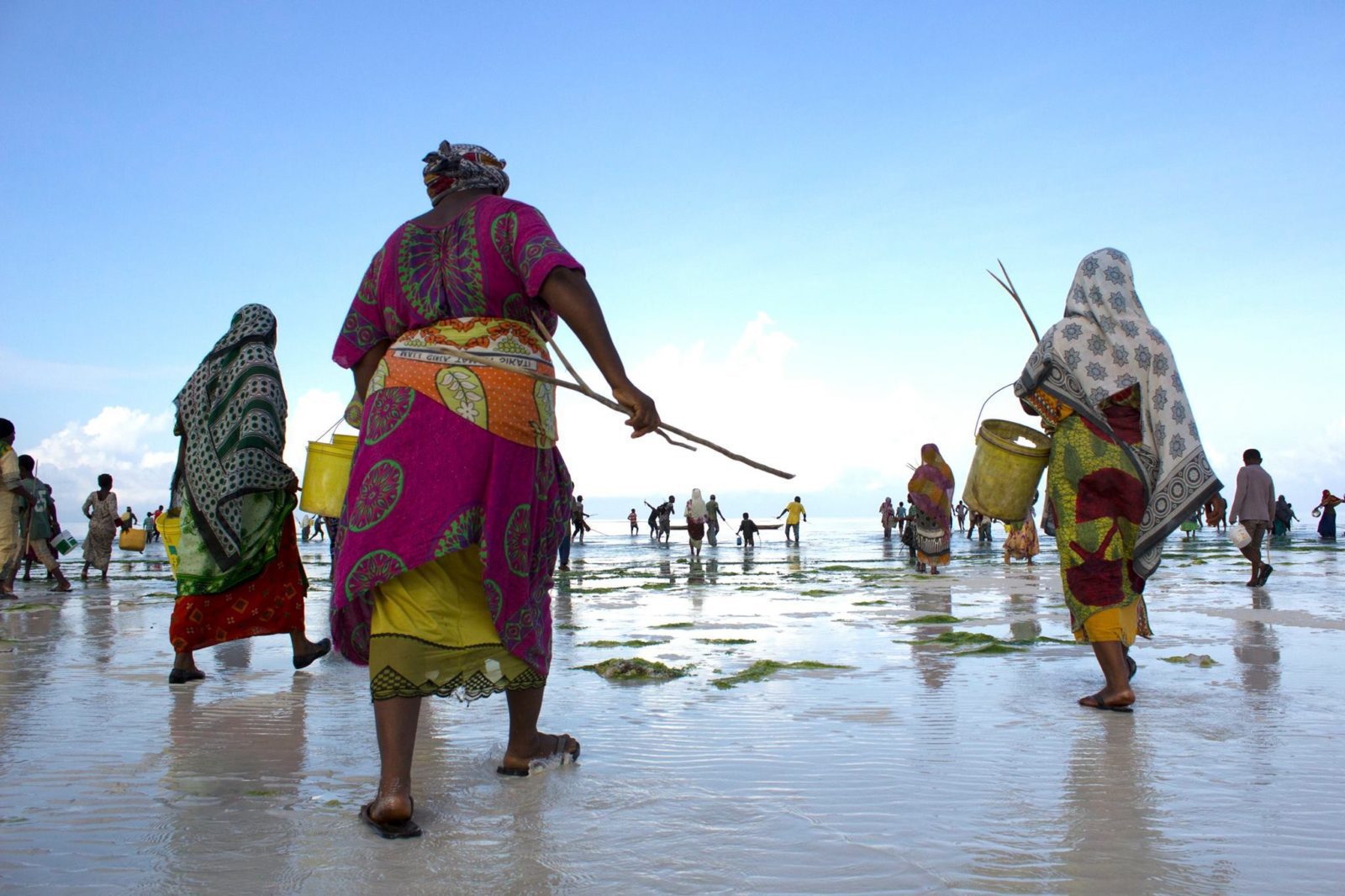
The fishery opens | Photo: Mwambao
Before the closure, the average weight of a caught octopus was 350g; far below breeding size for reef octopus. But on opening day, the majority of octopus caught were between 1.5 and 2.5kg; well over the required size of maturity. The fast growth rate of reef octopus is one of the key factors behind the success of this approach to fisheries management.
The total catch from just a few hours of fishing on opening day saw well over $2,000 going back to the island. Given the success of its first closure, the community was inspired to close the fishery to all fishing again later that same month. The much-anticipated re-opening is planned for March 2018.
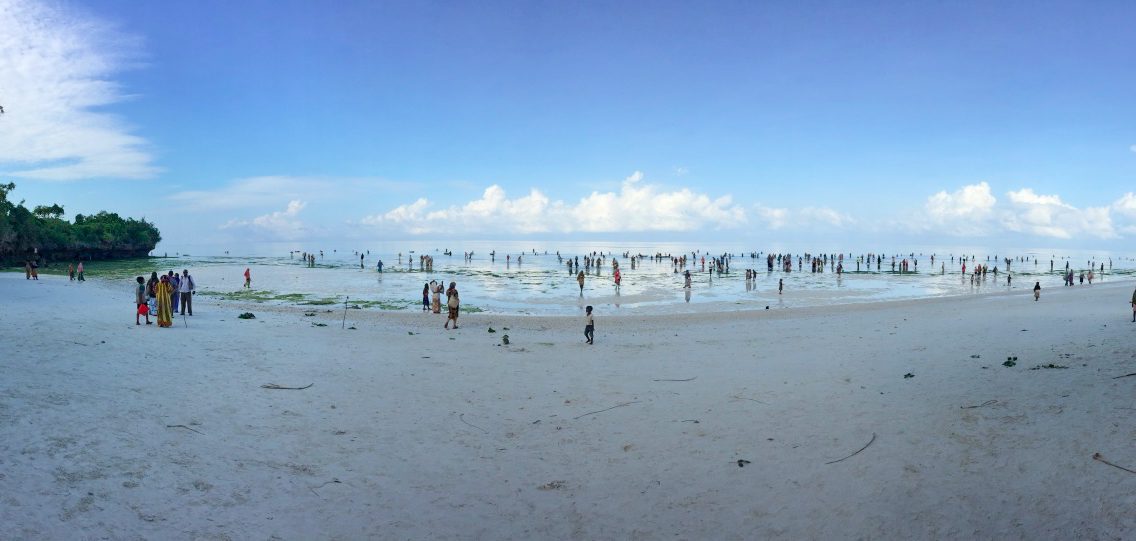
The community gleaning for octopus on the reef flat | Photo: Rupert Quinlan
I feel really privileged to have witnessed this community’s success, and am thrilled that Blue Ventures and Mwambao have just signed a new partnership agreement to expand our shared work with another three communities in Unguja, Zanzibar, in 2018. Together, we are also looking for partner villages in new areas of Tanzania to build on the success enjoyed by Ndooni.
Mwambao has been facilitating octopus fishery closures in Pemba since 2014. Blue Ventures has been partners with Mwambao since 2016, providing funding and technical support for the introduction of octopus fishery closures on Unguja.
Read about our partner leading the way for community-based octopus fishery management in Indonesia.


